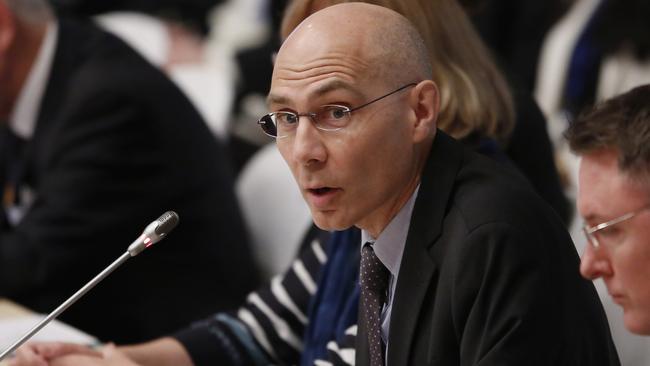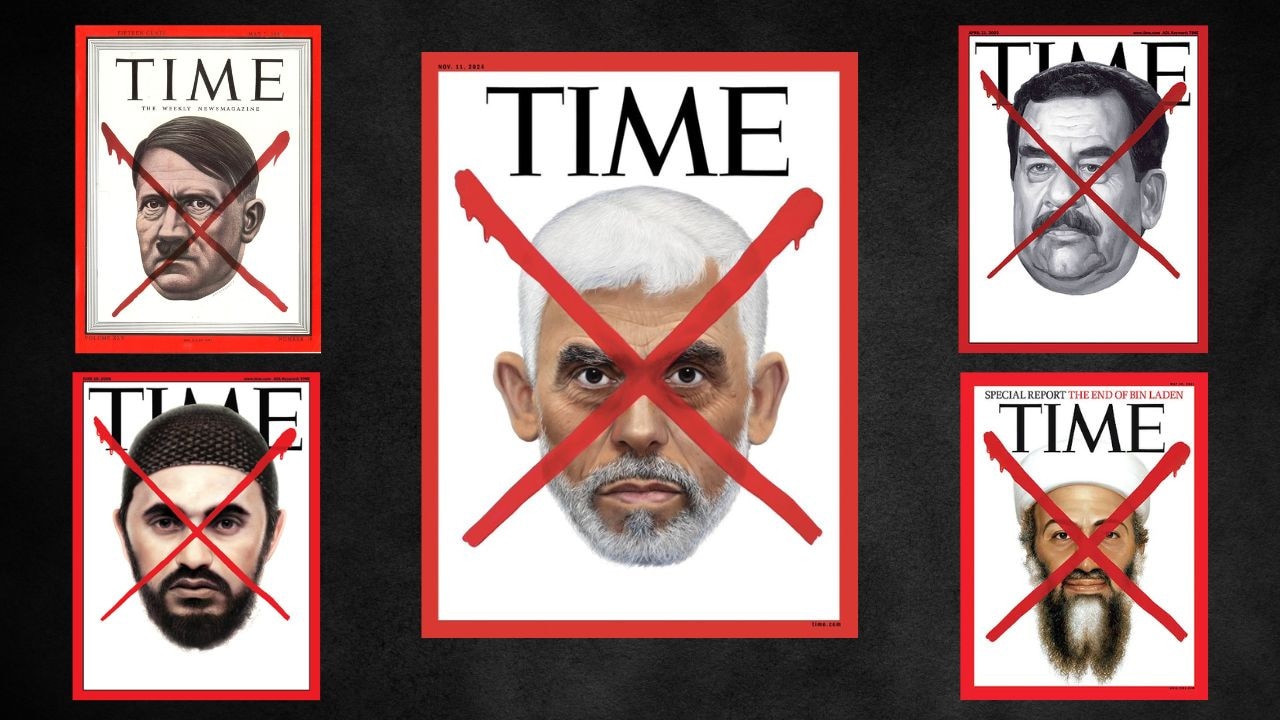Myanmar ‘not to blame’ for Rohingya boatpeople crisis
Myanmar has slammed a UN refugee official’s call for full citizenship rights for the country’s persecuted Rohingyas.

A senior UN refugee official’s call for full citizenship rights for Myanmar’s stateless Rohingyas provoked an accusation of “politicisation without merit” by Myanmar’s representative at the conference on the Indian Ocean illegal migrants crisis.
But the Myanmar delegation succeeded in the Rohingya citizenship issue not being raised by the other participants in yesterday’s Bangkok conference.
Myanmar welcomed a proposal on “addressing root causes” of the maritime migration emergency, said Norachit Senhaseni, head of Thailand’s Foreign Ministry, who chaired the meeting.
The proposal calls for economic, social, healthcare and human rights development in Myanmar and Bangladesh, but there is no reference to political or citizenship rights.
The Muslim minority Rohingya, more than a million displaced from Rakhine state by violent persecution, are a substantial component of this month’s outrush of illegal migrants from Bangladesh and Myanmar.
The UN High Commissioner for Refugees puts the proportion of Rohingyas at 40-60 per cent; almost all the rest are Bangladeshi males seeking work in Malaysia’s labour black markets.
But opening statements yesterday avoided even naming the Rohingya aspect of the problem.
Thailand, convener of yesterday’s special conference aimed at crafting a set of regional solutions to the huge outflows and breaking the transnational people-trafficking operations, encouraged this omission in order to win Myanmar’s co-operation.
Even UNHCR assistant commissioner Volker Turk refrained from naming the Rohingyas, but there was no doubt in anyone’s mind who he meant when calling for solutions to root out the causes of the illegal migrant traffic.
“Amongst other things, this will require the full assumption of responsibility by Myanmar to all its people,’’ Mr Turk said. “Granting a citizenship is the ultimate goal and we welcome some initial steps in this regards.”
In the interim, Mr Turk said, Myanmar had to reinstitute residency rights and remove discriminations against Rohingyas.
Myanmar’s Foreign Ministry head Htin Lynn responded forcefully that his country was being unfairly singled out for blame in what he characterised as an emergency created by illegal labour migration and criminal trafficking networks.
He described the UN refugee agency’s position as “politicisation without merit”.
Defending his country’s role in the crisis, Mr Htin Lynn cited Foreign Minister Julie Bishop’s description of the emergency as substantially about illegal labour migration, not asylum-seekers.
“Julie Bishop ... said that Indonesia has estimated that only 30-40 per cent of thousands still stranded at sea were (asylum-seekers),” Mr Htin Lynn said.
“I am saying this because I feel that my dear colleague from UNHCR needs to be more informed,’’ Mr Htin Lynn said. “I’m saying this because this issue of irregular migration and the boatpeople, you cannot single out my country.”
Australia yesterday offered a further $5m in aid to the potential illegal migrant populations in Myanmar and Bangladesh.


